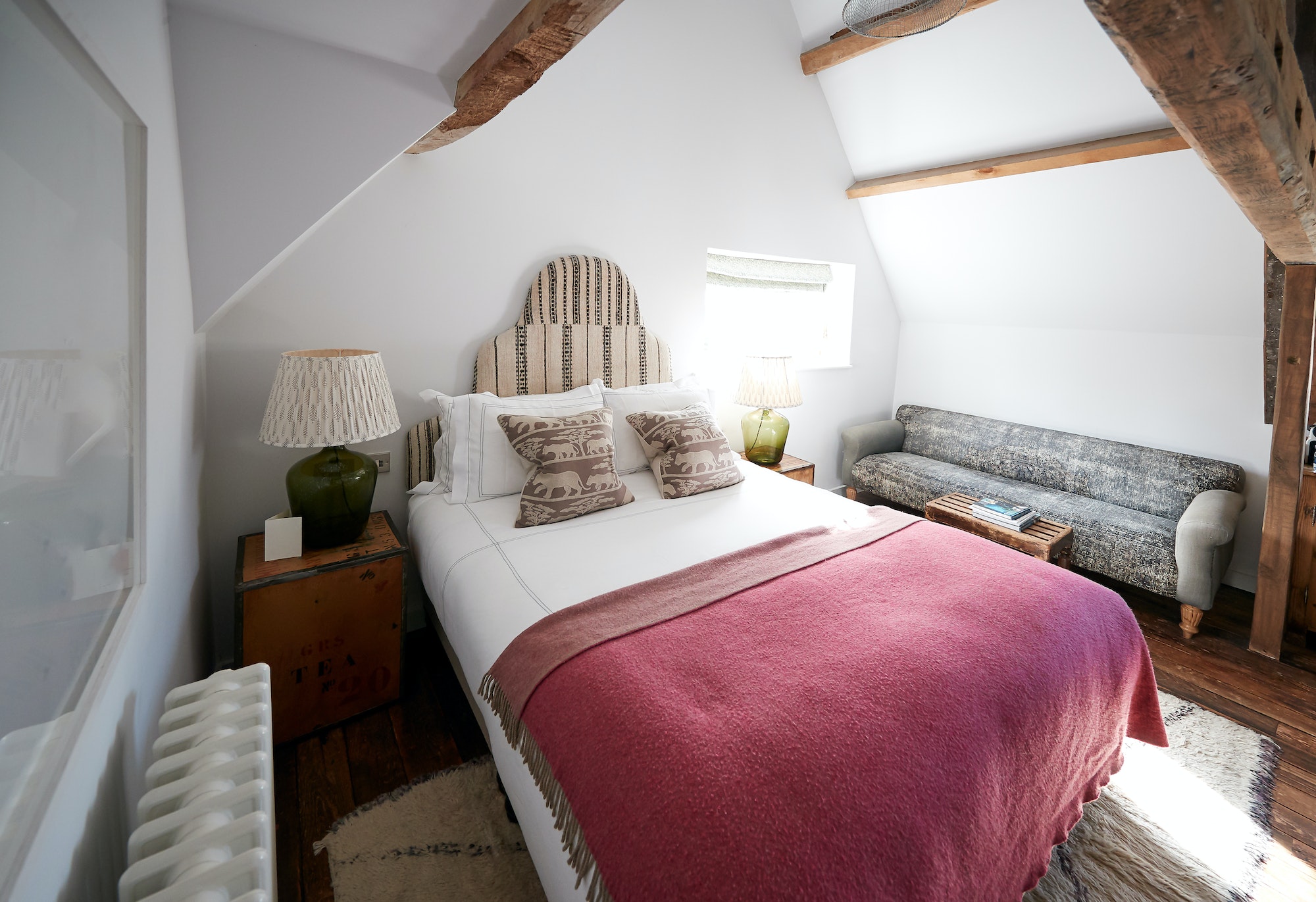
Bed & Breakfast: legal decoding
Popularized by the Anglo-Saxon practice of “Bed & Breakfast”, “chambres d’hôtes” have been regulated since the law of April 14, 2006, which led to the codification of the rules governing them in the French Tourism Code.
The guest experience in a bed & breakfast is different from that in a hotel, since it is a local experience, inviting the tourist into the intimacy and comfort of the owner’s home, often in regional settings, close to nature.
However, this type of tourist accommodation was not regulated until the aforementioned law was passed. Since then, they have been.
Legal definition
Article L.324-3 of the French Tourism Code defines bed and breakfast as “furnished rooms located in the home of an inhabitant with a view to welcoming tourists, in return for payment, for one or more nights, accompanied by services”.
Rules applicable to the activity
Article D 324-13 of the French Tourism Code specifies that the bed and breakfast rental activity is as follows:
– “the grouped provision of overnight accommodation and breakfast”;
– “limited to a maximum of five rooms for a maximum capacity of fifteen people“;
– with a welcome “provided by the inhabitant”.
In addition, article D. 324-14 of the French Tourism Code states that “the rental includes, as a minimum, the supply of household linen“.
It follows from the above that bed and breakfast accommodation implies :
– it takes place in the host’s home, i.e. within the owner’s dwelling unit,
– limited (threshold of 5 rooms with a maximum of 15 people)
– but that it is accompanied by hotel services, since breakfast is included in the nightly rate, and household linen is provided.
Terms and conditions of business
Anyone offering one or more guest rooms for rent within the above-mentioned limits must make a prior declaration to the town hall of the commune in which the property is located.
Article D. 324-16 of the French Tourism Code sets out the procedure for submitting this declaration, which must be sent “to the mayor of the commune in which the dwelling is located, by electronic means, registered letter or deposit at the town hall, and must be acknowledged by an acknowledgement of receipt“.
Penalties for non-compliance
Article R. 324-16 of the French Tourism Code sets out the penalties for failure to comply with the above-mentioned provisions, in particular those concerning the maximum number of rooms and the number of guests, as well as the absence of a prior declaration.
The article specifies that failure to do so is “punishable by the penalties laid down for third-class contraventions“.
Related concepts
The term “chambres d’hôtes” (bed and breakfast) is defined by the French Tourism Code, and any improper use of this term to mislead the consumer is prohibited and punishable by the penalties for misleading commercial practices defined in the French Consumer Code.
There are, however, neighbouring notions which are accepted and which refer to the concept of “chambres d’hôtes”:
– “Maison d’hôtes” (“guest houses”): a house with one or more guest rooms. There is no difference between a guest house and a chambre d’hôte, except that the word “chambre d’hôte” is a protected term defined by law.
– “Table d’hôtes”: the restaurant service that may be offered as an accessory to bed and breakfast accommodation is called a “table d’hôtes”, and is based on that of a bed and breakfast, with a maximum limit of 15 people at the family table.
To be distinguished from “chambres chez l’habitant”
The framework defining the product marketed under the name of “chambres d’hôtes” does not prohibit the activity of renting out rooms in private homes, beyond five rooms and fifteen people.
However, those renting out furnished rooms in private homes who are unable to comply with the specific provisions of the French Tourism Code, for example because the number of rooms exceeds five, cannot operate under the “chambres d’hôtes” label.
In any event, if you would like to obtain a legal opinion specific to your case, or to obtain further information on the obligations to which bed and breakfast establishments are still subject, our lawyers are at your disposal to answer all your questions and advise you.
Our meetings can be held face-to-face or by videoconference. You can make an appointment directly online at www.agn-avocats.com.
AGN AVOCATS – Tourism
contact@agn-avocats.fr
09 72 34 24 72






